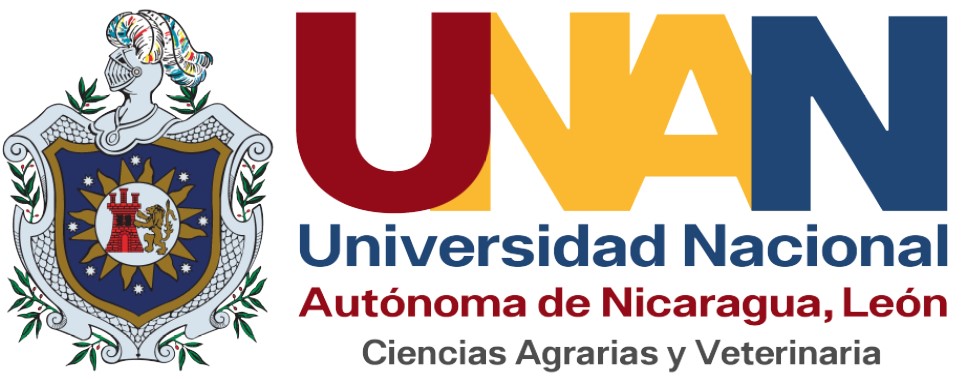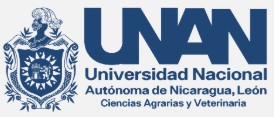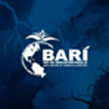Continuing education of teachers from the competency-based approach
DOI:
https://doi.org/10.5377/ribcc.v2i1.5699Keywords:
Competencies, Training, EducationAbstract
The study focused on a bibliographic review of teaching skills with a focus on Competencies in Middle Education promoted by MINED from 2009 with clear, objective strategies and with various tools for teacher training, technical support also of an evaluation model for that strategy. For its success, the strategy rests on the teacher as an agent of change, however weaknesses have been detected in terms of permanent teacher training which requires, on the one hand, that the teacher take ownership of the approach and on the other, that those in charge of providing methodological accompaniment, do it in an effective and efficient way. We intend to carry out a study on this topic at the Villanueva National Institute with the support of the MINED of the Municipality of Villanueva from April 2016 to November 2016, to apply qualitative and quantitative information gathering instruments, involving a sample that will generate results and actions that allow to improve the educational quality in our center. From the information gathered and from its qualitative analysis, the following recommendations stand out: a) Extend the processes of training and adaptation to the competency approach in all Disciplines. b) Improve the coordination between MINED technicians, Director of the Educational Center and Teachers, in order to define a specific timetable, to the accompaniment processes that they carry out. c) complement the accompaniment with workshops, seminars permanently and continuously.
Downloads
Metrics
References
Asamblea Nacional. Constitución Política de Nicaragua. Managua 2014. https://www.asamblea.gob.ni/assets/constitucion.pdf
Asamblea Nacional. Ley de Carrera Docente (Ley Nº 114). Managua, Nicaragua. 1990. Asamblea Nacional. Ley General de Educación (Ley Nº 582). Nicaragua. http://legislacion.asamblea.gob.ni/Normaweb.nsf/($All)/ED28791A218A6ACA062570A10057F8F3?OpenDocument
Asamblea Nacional. Reglamento de la Ley de Carrera Docente. Nicaragua. 1991
Barnett Ronald (2001). El papel de la educación en la sociedad actual. Los límites de la competencia. El conocimiento, la educación superior y la sociedad. Barcelona, Gedisa, 286 p.
Bajo, M. T., Maldonado, A., Moreno, S., Moya, M., & Tudela, P. (2003). Las competencias en el nuevo paradigma educativo para Europa. Granada: Universidad de Granada.
Delors, J. (1996). La educación o la utopía necesaria. Informe a la UNESCO de la Comisión Internacional sobre la Educación. La educación encierra un tesoro, 13-36.
Delors, J., Chung, F., Geremek, B., Gorham, W., Kornhauser, A., Manley, M., ... & Suhr, M. W. (1999). Relatório para a UNESCO da Comissão Internacional sobre Educação para o século XXI. Educação: um tesouro a descobrir. São Paulo: UNESCO.
Echeverría, B. (2001). Las ilusiones de la modernidad: ensayos. Eskeletra editorial.
Chacón Cassar, J. y Espinoza Vergara, M. (2001). Un modelo de apoyo al mejoramiento de la educación en Nicaragua. Managua, Nicaragua: Sistema de Mejoramiento de la Educación en Nicaragua
García, J. A. V. (2015). Nuevos escenarios y tendencias universitarias. Revista de investigación educativa, 33(1), 13-26.
https://doi.org/10.6018/rie.33.1.211501
Imbernón, Francisco (1994). La Formación del Profesorado. Barcelona: Paidós
Le Boterf, G. (2001). Ingeniería de las competencias.Barcelona Ediciones Gestión 2000.
Martín-Barbero, J. (2004). Medios y culturas en el espacio latinoamericano. Pensar Iberoamérica: Revista de cultura, (5), 1.
Matus Gómez, Odderey (2001). Docente, recurso humano que incide en la calidad de la educación. (Monografía). Escuela de Educación. Universidad Católica "Redemptoris Mater", Managua, Nicaragua.
Mayorga Pasquier, Esperanza (2001). Educación a distancia aplicada a la formación docente continúa. La experiencia del proyecto SIMEN en Nicaragua/ Esperanza Mayorga Pasquier, Mario Espinoza Vergara.-1ª Ed-Managua: SIMEN 2001, 190p.
Meza de Rocha, Lylliam (2001). Formación docente de calidad. La experiencia del Proyecto SIMEN en Nicaragua/Lylliam Meza de Rocha, Mario Espinoza Vergara -1ª ed.-Managua: SIMEN, 2001, 152 p.
MINED (2009). Currículo nacional básico. Diseño curricular del subsistema de la Educación básica y media nicaragüense. División general de currículo y desarrollo tecnológico. Managua, Nicaragua
Villardón Gallego, Lourdes; Álvarez de Eulate, Yániz. (2006). Planificar desde competencias para promover el aprendizajeel reto de la sociedad del conocimiento para el profesorado universitario. Universidad de Deusto = Deustuko Unibertsitatea, Servicio de Publicaciones = Argitalpen Zerbitzua. Cuadernos Monográficos del ICE. España. ISBN: 84-9830-031-2 978-84-9830-694-1
Downloads
Published
How to Cite
Issue
Section
License
Copyright (c) 2018 Revista Iberoamericana de Bioeconomía y Cambio Climático

This work is licensed under a Creative Commons Attribution-NonCommercial-ShareAlike 4.0 International License.
Copyright © 2025 Rev. iberoam. bioecon. climate change. National Autonomous University of Nicaragua León (UNAN-León), Knowledge Area of Agrarian and Veterinary Sciences / Specific Area of Agroecology and Agribusiness / Center for Research in Agrarian Sciencies. Academic Directorate. Research Department. Publication and scientific events Unit.












 EDITORIAL
EDITORIAL e-ISSN
e-ISSN


 COPYRIGHT
COPYRIGHT This work is licensed under a Licencia Internacional
This work is licensed under a Licencia Internacional 












